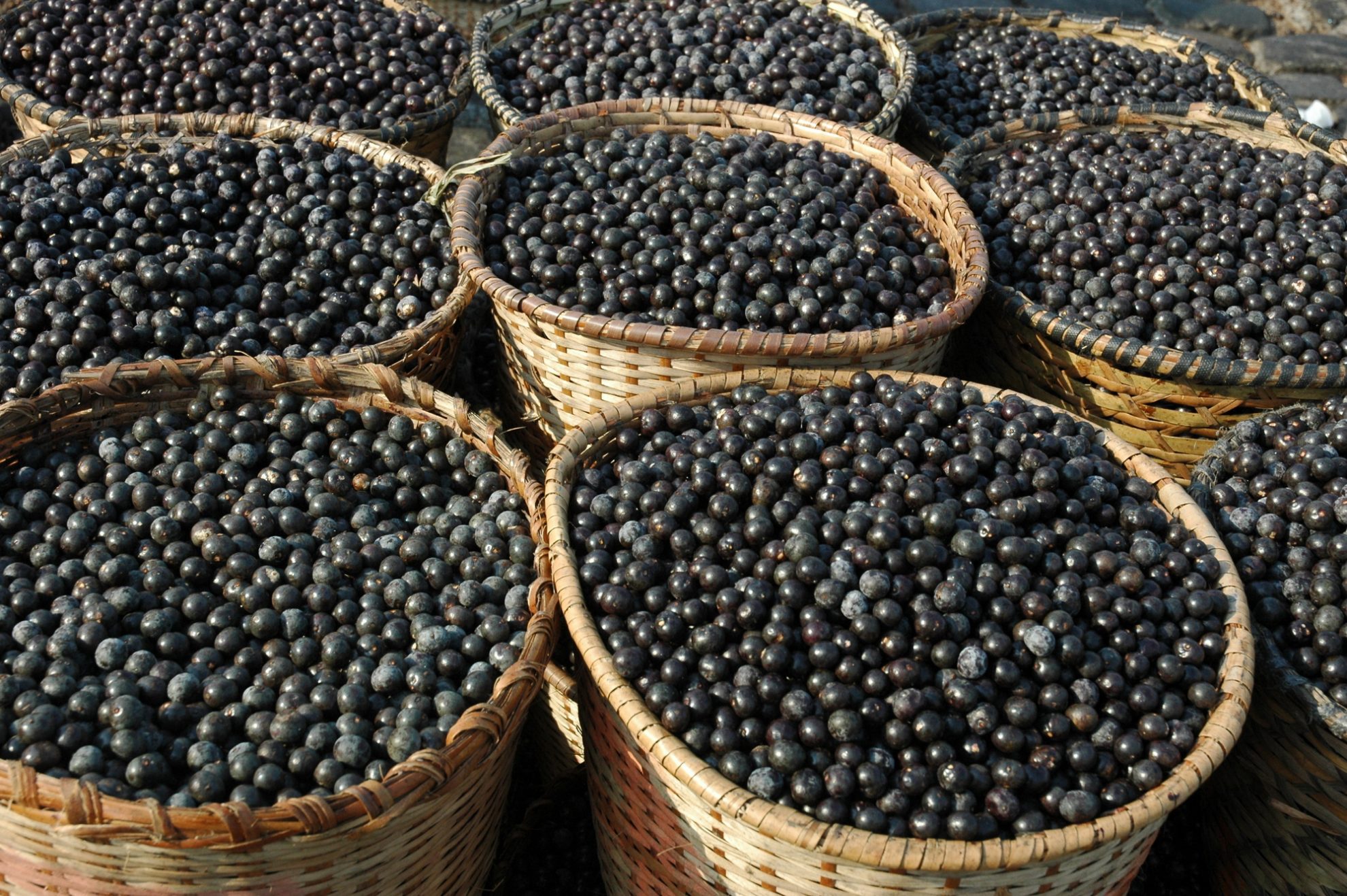In the verdant heart of the Amazon lies Igarapé-Miri, the self-proclaimed açaí capital of the world.
As the globe’s insatiable appetite for this purple superfruit continues to grow, the city rides a wave of prosperity.
Yet beneath this vibrant veneer, a darker narrative of rampant poverty, inadequate infrastructure, and thriving organized crime unfolds.
Barely 150 kilometers from Belém, Igarapé-Miri’s tale is emblematic of the tragic paradox that characterizes much of the Amazon’s urban centers.
Its lush, fertile land, nourished by the eponymous river, generates a sizable annual revenue of approximately US$330 million.
Yet, as half of its 63,000 inhabitants continue to languish in poverty, it is evident that the prosperity brought by the açaí boom is an unevenly shared windfall.

Despite the affluent portrait painted by the annual açaí harvest, the reality is that the vulnerable populations of this city bear the brunt of its inadequate infrastructure.
In such a setting, the lucrative açaí business has unfortunately become a beacon for organized crime syndicates, who have exploited the industry and its workers to expand their influence across the Amazon.
What is deeply troubling is the extent of the infiltration of organized crime into the fabric of local society.
Reports of violent territorial clashes and rampant extortion of producers and businessmen are a grim testament to this reality.
The local government’s attempts to combat this menace, resulting in some arrests for extortion, barely scratch the surface of the deeper systemic issues at play.
Hopes for a brighter future now rest on initiatives like the “Fábricas de Paz” project by the Pará government.
Yet, while it promises to improve living conditions by offering sports and cultural facilities and technical training courses, it is but a single thread in the larger fabric of change needed in Igarapé-Miri.
Ultimately, the story of Igarapé-Miri lays bare an uncomfortable truth: the unchecked pursuit of economic gain can inadvertently fuel a cycle of social inequality and crime.
For this city and others like it, addressing these systemic issues requires strong and effective governance and a commitment to equitable distribution of resources and wealth.
With information from EFE

